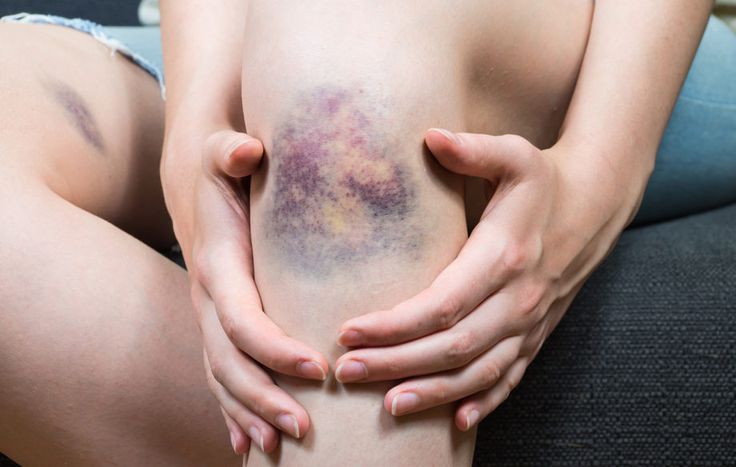What Is a Hematoma?
In its most simple definition, hematoma is therefore a localized accumulation of blood outside the blood vessels. It happens when trauma affects the blood vessels and when the blood starts seeping out or clumps and gets trapped under your skin or within tissues. Hematomas can appear firmer and more prominent compared to bruises, which tend to spread out and disappear within a short period.

Types of Hematomas
- Subcutaneous Hematomas: Just below the skin.
- Intramuscular Hematomas: Within the muscles.
- Subdural Hematomas: At the brain level (serious and needs to be seen by a doctor)
Also Read:
Benzonatate Guide: Everything About Its Uses, Dosage, and Safety
Common Causes of Hematomas
Injuries
The most common culprits are bumps, falls, or accidents that apply sudden pressure to your tissues.
Medical Conditions
Anticoagulation treatments such as hemophilia or low platelet contribution also put you at risk for hematomas.
Medications
People on blood thinners such as aspirin or warfarin are at a higher risk of forming hematomas.
Symptoms to Watch For
How do you know it’s a hematoma? Keep an eye out for:
- Swelling and tenderness: The area may be tight or painful.
- Discolouration: It usually appears red, purple, or blue.
- Heat: The area may feel warmer than the surrounding skin.
- Reduced mobility: If it’s near a joint, it could limit your range of motion.
Effective Home Remedies for Hematomas

In case of the formation of minor hematomas, treatment at home can be very efficient.
R.I.C.E. Method Explained
- Rest: Keep calm and avoid stressing the affected area.
- Ice: A cold pack should be applied every hour for 15-20 minutes during the first 48 hours.
- Compression: Apply a bandage on the area to limit swelling but not tightly fit.
- Elevation: Rest and keep the area above your heart level that helps drain excess blood.
Natural Remedies for Faster Healing
- Arnica Gel: Anti-inflammatory properties.
- Vitamin C and Zinc: Boosts the stiffness characteristics of the new formed tissue and speeds up the process of tissue regeneration.
- Turmeric Paste: Rub it on the spot; the inflammatory properties could be soothing.
When to Go to the Doctor
Sometimes, hematomas aren’t just something to wait out. See a doctor if:
- The swelling gets bigger.
- You feel extreme pain and/or numbness.
- It’s near your head, navel or any other part of your body which is vital to you.
- It also has other signs of infection including redness, warmth or pus.
Medical Treatment for Severe Cases
Doctors also have several options to treat severe hematomas:
- Draining Procedures: For the bigger, annoying hematomas.
- Medications: Antibiotics if infection has set in or any disease that needs the use of antibiotics Is present.
- Surgery: In a rather limited situation, surgery may be required to remove a hematoma.
Preventing Hematomas in the Future
Prevention is said to be better than cure, aren’t we? Here’s how you can avoid hematomas:
- Wearing Protective Gear: Particularly during sports or dangerous staking.
- Being Cautious with Medications: If you’re taking blood thinners, consult your physician on how you may reduce these risks.
- Maintain Good Bone Health: His bones were strong and that spared him from receiving very severe impacts during falls.


